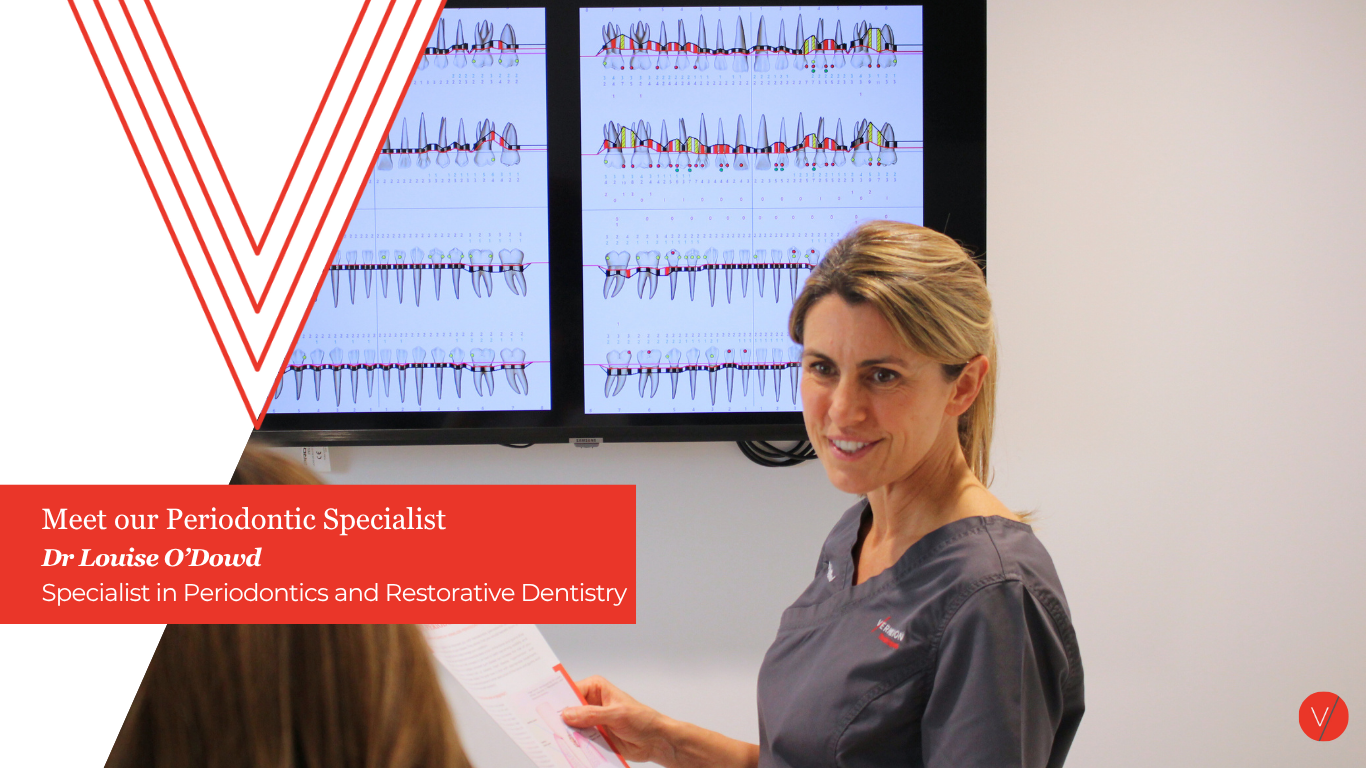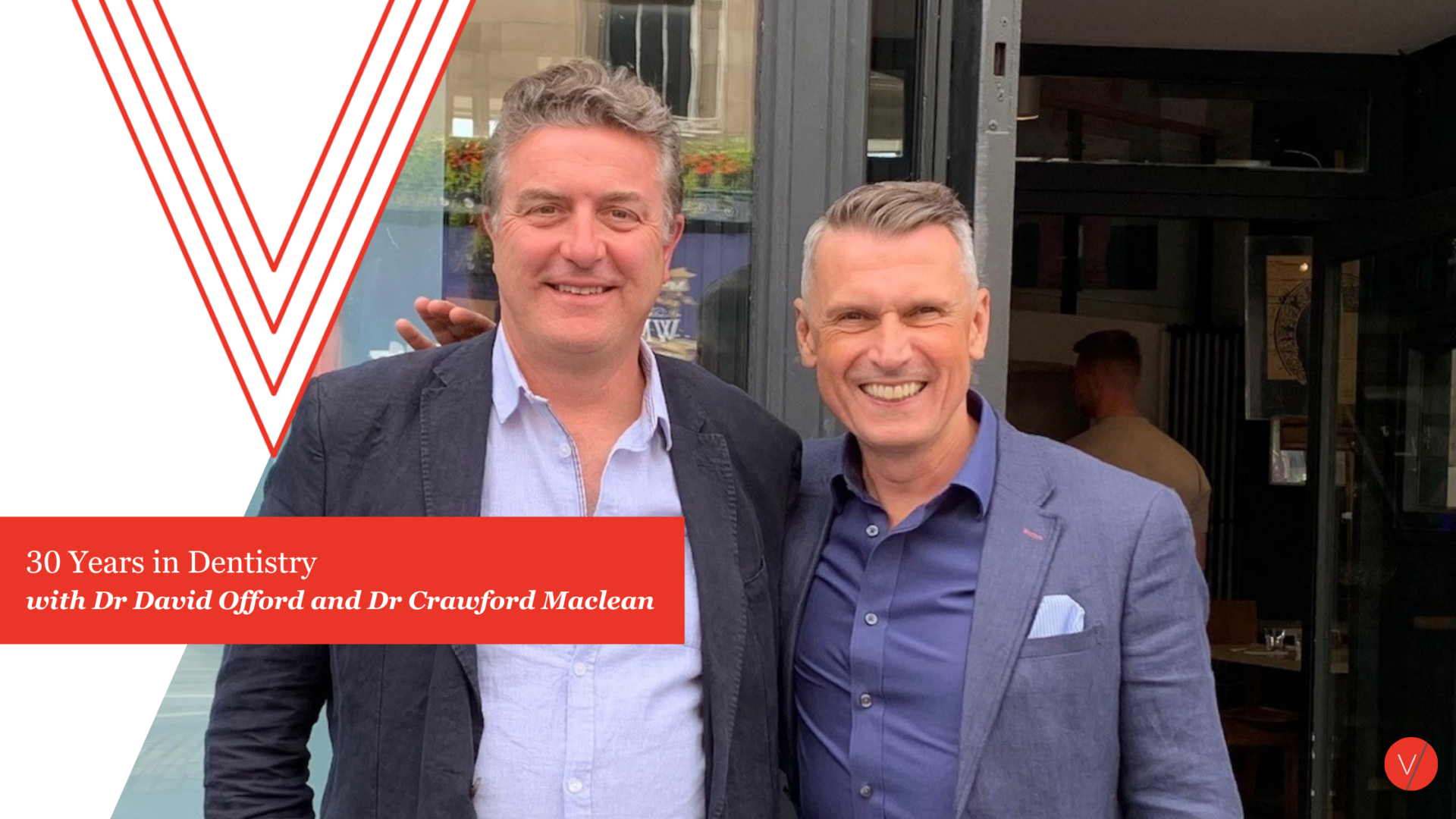Dr Nicola Kingsford PhD VetSci BscAg Bsc (Hons) is Vermilion’s Research and Audit Coordinator. Her task is to carry out research and internal audits, both of which are seen as essential components of the clinic’s patient safety and quality improvement processes. She recently submitted a paper to the Oral Surgery Journey on the “Safety and efficacy of intravenous sedation using midazolam only or combinations of two or three drugs”. This publication follows a recent audit of patients who required advanced sedation techniques for complex oral surgery procedures. To read in full, visit: onlinelibrary.wiley.com.
Complete List of Authors: David Offord, Vermilion; Ross Paterson, Vermilion; Nicola Kingsford, Vermilion; Craig Mather, Glasgow Dental Hospital & School, Oral Surgery; Nigel Robb, Griffith University School of Dentistry and Oral Health, School of Dentistry and Oral Health.
Abstract
This retrospective observational study evaluates the safety and efficacy of intravenous sedation using midazolam only or combinations of two or three drugs including propofol and alfentanil for complex dental surgery such as implant placement or sinus augmentations.
Methods: The study analysed 60 patients aged between 42-79 who required advanced sedation techniques for complex oral surgery procedures. Twenty patients were issued midazolam only (M); ten patients, a two-drug combination of midazolam and propofol (MP); and a third group of 30 patients had the combination of midazolam, propofol and alfentanil (MAP). The last two regimens were carried out under the supervision of a dedicated consultant anaesthetist.
Results: Higher mean minimum heart rate (beats/min) was observed in the midazolam group compared to the group sedated with the three-drug regimen P<0.001. The time between the last drug administration (LDA) and end of surgery (EOS) was significantly longer (P<0.005) in group M (≤45mins) compared to the other two sedation groups MP and MAP (≤15 minutes). The final titration of midazolam of 11.2 ± 4mg (5-20mg) was significantly greater in group M than in either of group MP or MAP (P<0.005).
Conclusion: In patients requiring conscious sedation to undergo complex and lengthy oral surgery, a combination of agents (midazolam, propofol and alfentanil) can provide a predictable steady state of sedation up to the end of the surgery resulting in better operating conditions for the surgeon and improved patient experience. The shorter duration of action drugs propofol and alfentanil improved haemodynamic stability, sedation quality and reduce the final doses of each sedative agent.
Audits completed in 2018/19 with BDA Section and date completed
- Advanced conscious sedation, BDA 1.36, May 2018
- Justification and evaluation of radiographs, BDA 2.24, Oct 2018
- Treatment plan options, consent and preferred method of pain control, BDA 1.25 and 1.26, Feb 2019
- Medical History Form Updates, BDA 1.36, Jul 2019
- Conscious sedation (2nd cycle), BDA 1.36, Aug 2019
- Clinical records (3 new clinicians), BDA 1.6, Aug 2019
- Health care waste audit, BDA 2.16, Sep 2019


